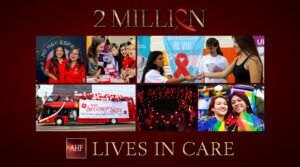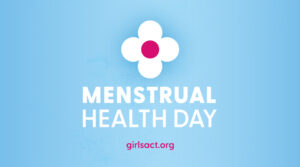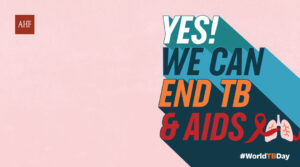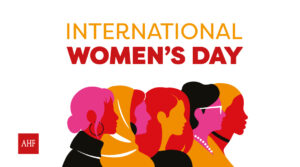2023 left us with a worrying increase in Sexually Transmitted Infections (STIs) in Latin America and The Caribbean, with rates remaining between 15% and 40% in syphilis, HIV, gonorrhea, and more. According to the Pan American Health Organization, there are about 200,000 new STI transmissions per day in the region. A public health problem that can continue to be ignored.
Against this backdrop, condoms are the most affordable, accessible, and easy-to-use method for people to exercise a protected and worry-free sexuality. There are condoms or condoms for external or penis, also known as masculine and also internal for vaginal use, so whatever type of sexual practice people do, condom use is the key to preventing Sexually Transmitted Infections (STIs) and unintended pregnancies.
And speaking of this last point, the United Nations Population Fund The United Nations Children’s National Cancer Organization (UNFPA) reports that 2 out of 10 births in Latin America are to teenage mothers, almost 6,000 a day!
At the initiative of the AIDS Healthcare Foundation (AHF), International Condom Day was celebrated for the first time 16 years ago to promote the use of this simple but highly effective latex attachment, which can help people stay healthy and avoid more than 20 sexually transmitted infections, including HIV.
“It Doesn’t Feel the Same”
“With a condom it doesn’t feel the same” is one of the phrases that we find the most in the work to promote the use of condoms that AHF carries out in 12 countries in the region. And it’s true, with a condom it doesn’t feel the same, it feels better, the next day people can feel calmer without worrying about the possible transmission of an STI or a possible unintended pregnancy. Condoms are more than 98% effective if used correctly, so much so that condoms have played a key role in curbing HIV/AIDS, preventing around 117 million new infections since 1990 worldwide, according to data from UNAIDS.
Access is still a big issue
It seems that the problem would be solved if people make the decision to use condoms, but there are still serious problems of accessibility for economic reasons. Millions of people in Latin America and around the world do not have access to condoms. A three-pack of condoms costs an average of $2.5, which is unattainable for those living on $1.90 a day. The low numbers of condoms distributed by public entities aggravates the situation.
Terri Ford, AHF’s Head of Global Policy and Advocacy, said: “There is an urgent need to overcome these barriers and ensure condoms are available to prevent HIV, STIs, and unplanned pregnancies. AHF is stepping up its efforts to deliver condoms through its teams in 45 countries, prioritizing prevention.”
AHF’s “Condom is Sexy” campaign continues in 2024, encouraging people to use them more as a fun component of relationships and as a tool to enjoy sex life freely and safely.
To learn more about AHF’s International Condom Day, visit LoveCondoms.org. Check out LoveCondoms.org and InternationalCondomDay.org and also see the list of AHF ICD events around the world.
About AIDS Healthcare Foundation (AHF)
AIDS Healthcare Foundation (AHF) is the world’s largest AIDS organization, currently providing medical care and/or services to more than 1.6 million people in 45 countries including the United States and the Africa, Latin America/Caribbean, Asia/Pacific and Eastern Europe regions. To learn more about AHF, please visit our website: www.aidshealth.org





